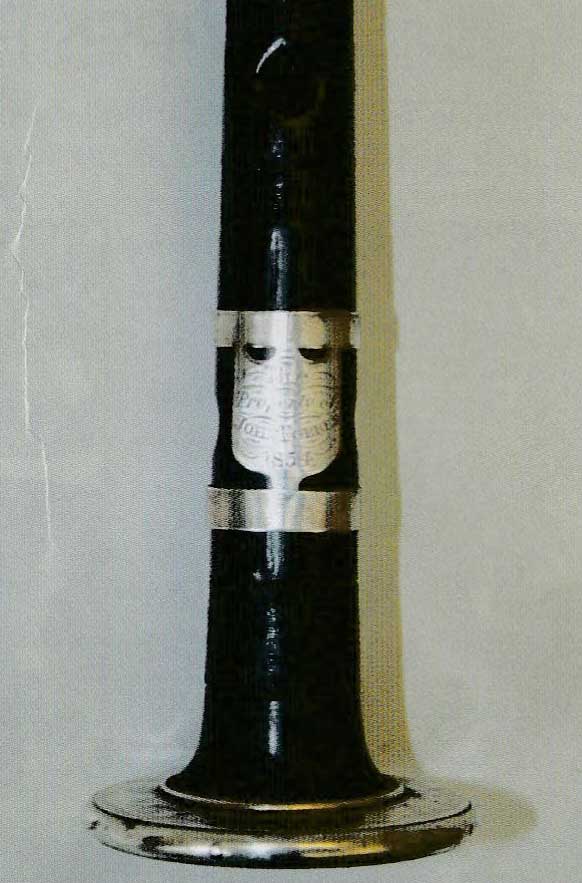
Pipers are often in the spotlight displaying their talent – and their expensive instruments. Our pipes are one of our most important assets so it makes sense that we look after them properly and make sure they are protected from thieves. Adequate insurance is a must. Those who are members of the Musicians’ Union automatically qualify for £2,000 worth of cover with a £100 excess. Those not in the union however should make provision in their house contents and travel insurance policies to make sure they have cover at all times.
To deter theft in the first place it makes sense to keep your instruments hidden from sight — best not to leave them in the car at all. If you or your band is playing at an event that requires a rehearsal and you want to leave your pipes and drums in the auditorium during a break, make sure you get a hold of the venue manager and have them locked in a sate storeroom. If this isn’t possible, get band members to take it in turn to keep watch.
At home, sturdy door and window locks are essential, and an alarm may be a wise idea. Never leave doors, windows or gates open to street view, and keep eye-catching pipes out of sight, especially if on the ground floor. Remember, you are a piper and everyone will know where you live. Net curtains or blinds can block street views but still let the light in. As a breed, thieves are chancers so making your whole property look secure will deter them. For more on home security measures, visit the Association of Chief Police Officers’ (ACPO) Crime Prevention Initiatives website at www.securedbydesign.com or, if abroad, your local crime prevention unit.

Marked for life
Many police forces recommend marking musical instruments so that they can be traced in the event of a theft. The traditional UV pen is good for invisible marking and there are a number of alternatives. You can get advice from a Crime Prevention Officer (CPO) by calling your nearest main police station.
If marking your valuable silver and ivories isn’t an option, the most important thing you can do is take detailed photographs and write a short description of them. That way, if the worst should occur, the police will have concrete details to work with – this will also help with any insurance claim. Take photos of your pipes from different angles against a plain white or grey background (not a carpet), with a ruler next to them to indicate size. Make sure that the photos are detailed and if possible show age, finish and measurements. Keep the photos and descriptions in a safe place, away from the item itself. Keep any receipts with them.
Another good idea which helps with the identification of pipes is the attachment of an inscribed silver plaque on the bass drone stock or chanter. This was not unheard of in days gone past (see pictures, above). If you want this done to your pipes then contact any of the pipemakers advertising in the Piping Times and they will be more than happy to help out. The costs are very reasonable.
Stolen moments
Crooks with itchy fingers can spring up in the most unlikely places. Should disaster strike begin by reporting the incident to the police and then immediately calling all the pawn shops and the cash-for-gear shops in your area. Other steps you can take are to contact local radio and TV stations with a plea for the return of your instrument. You can also post details and pictures on as many bagpipe internet sites as possible. When posting, give as full a description as you can, including details of the pipe case and accessories that were with the instrument, from where and when it was stolen, and a contact email or phone number for people to get in touch. The Musicians Union offers a web-based Stolen Instruments Register for members.
To recap, the drill is to insure, mark and or photograph your pipes and keep detailed descriptions. Lock your doors, windows and vehicles. Be watchful during transport and after rehearsals.
If you should be a victim of crime, contact the police and insurance company, post notices on the internet, and call every piping shop in your Area.
• This article was abridged with thanks from the Musician, the journal of the Musician’s Union.
From the March 2009 Piping Times.


